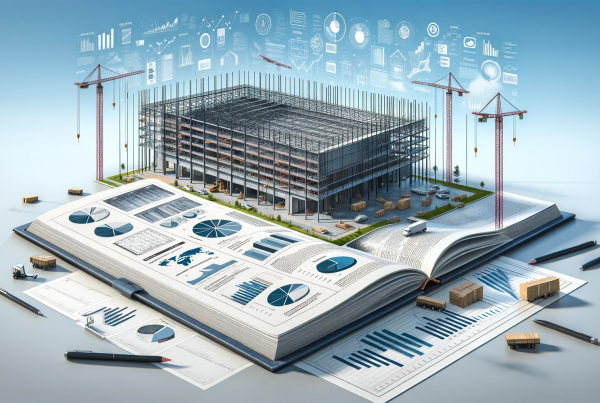
Civil engineers play a crucial role in the planning, design, construction, and maintenance of infrastructure projects that form the backbone of modern societies. Licensed civil engineers, in particular, bring a high level of expertise and professionalism to ensure that infrastructure developments meet safety standards, adhere to regulations, and are sustainable in the long run. In this article, we will explore the key responsibilities and contributions of licensed civil engineers in modern infrastructure development.
1. Planning and Design
Understanding Project Requirements
- Licensed civil engineers work closely with clients and stakeholders to understand the specific requirements of a project, including its purpose, scope, and budget constraints.
- They conduct thorough site investigations and feasibility studies to assess the environmental impact, geotechnical conditions, and other factors that may affect the design and construction of the infrastructure project.
Designing Solutions
- Based on the project requirements and site assessments, licensed civil engineers develop detailed design plans and drawings that outline the layout, structural components, and materials to be used in the construction of the infrastructure.
- They employ advanced software tools and technologies to create 2D and 3D models, simulations, and analysis to ensure that the design meets safety, functionality, and aesthetic requirements.
2. Construction Management
Project Coordination
- Licensed civil engineers oversee the construction phase of infrastructure projects by coordinating with contractors, sub-contractors, suppliers, and other professionals involved in the project.
- They ensure that construction activities are carried out according to the design plans, specifications, and quality standards set forth in the project documentation.
Quality Assurance
- They conduct regular inspections, tests, and evaluations of the construction work to monitor progress, identify potential issues, and ensure that the project is being executed in compliance with building codes and regulations.
- Licensed civil engineers also troubleshoot technical problems, provide engineering solutions, and make adjustments to the construction process as needed to maintain quality and safety standards.
3. Sustainability and Innovation
Environmental Considerations
- Licensed civil engineers prioritize sustainability and environmental responsibility in infrastructure development by incorporating green design principles, renewable energy sources, and efficient waste management practices into their projects.
- They assess the environmental impact of construction activities and implement measures to minimize pollution, conserve natural resources, and protect ecosystems in the project area.
Adopting New Technologies
- They stay abreast of the latest advancements in construction materials, techniques, and technologies to improve the efficiency, durability, and resilience of infrastructure projects.
- Licensed civil engineers explore innovations such as Building Information Modeling (BIM), prefabrication, drones, and 3D printing to streamline design processes, reduce construction costs, and enhance project outcomes.
4. Regulatory Compliance and Public Safety
Code Compliance
- Licensed civil engineers ensure that infrastructure projects adhere to building codes, zoning regulations, land use ordinances, and other legal requirements mandated by local, state, and federal authorities.
- They obtain permits, licenses, and approvals for the construction work, conduct inspections, and prepare reports to demonstrate compliance with regulatory standards.
Risk Management
- They assess potential risks and hazards associated with infrastructure projects, such as natural disasters, structural failures, and public health concerns, and develop mitigation strategies to protect public safety and minimize liabilities.
- Licensed civil engineers implement safety protocols, emergency response plans, and quality control measures to prevent accidents, injuries, and environmental damage during construction activities.
In conclusion, licensed civil engineers play a critical role in modern infrastructure development by applying their technical expertise, problem-solving skills, and commitment to safety and sustainability to deliver high-quality projects that meet the needs of society. Through their involvement in planning, design, construction management, and regulatory compliance, licensed civil engineers contribute to the realization of infrastructure developments that enhance the quality of life, promote economic growth, and protect the environment for future generations.
